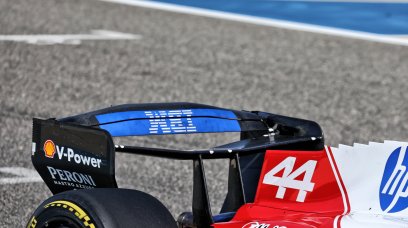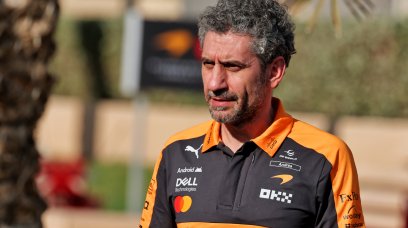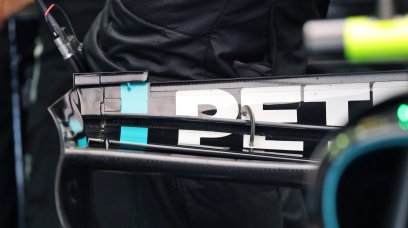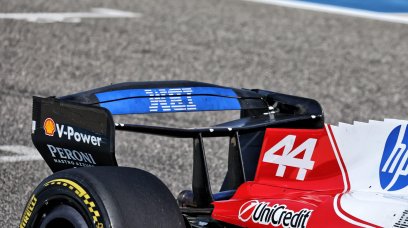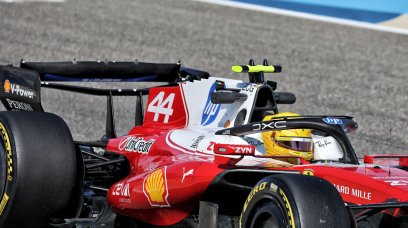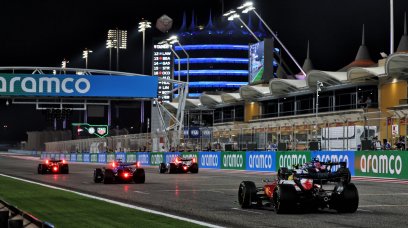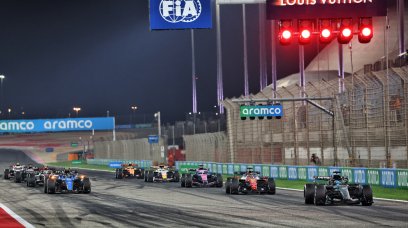Mercedes technical director James Allison has uncovered the root of the team's difficult weekend at the United States Grand Prix. The Brackley-based squad introduced its final upgrade of the season at the Circuit of the Americas, but endured a torrid time in Texas. Allison described it as a "bumpy weekend", with the pace of the W15 proving strong at points, despite George Russell and Lewis Hamilton both having significant incidents. Having finished fifth and sixth, respectively, in the sprint, the former had a big off at Turn 19 during Q3 for the grand prix. The crash necessitated an overnight rebuild of his car and a pit-lane start. Nevertheless, Russell worked his way through the field well on Sunday, ultimately finishing in sixth. Hamilton's weekend, on the other hand, went solely downhill from the Saturday morning race. A mistake during Q1 left him eliminated early and consigned to the rear of the grid. His grand prix would last less than two laps, suffering a similar moment to his team-mate, spinning into retirement at the same corner as Russell's crash. Mercedes has since uncovered that the instability of the W15 in Austin was caused by set-up and running the car too close to the ground, not from any imbalance introduced by its latest tranche of upgrades. Despite the difficulties, Allison remains optimistic about those developments, which included a new floor. "We had a bumpy weekend, and we had our new clothes on the car, our so-called update 19 that we were quite excited about and still are quite excited about," the 56-year-old stated. "But we also had a whole heap of things that are not normal. Lewis spun in Free Practice. We had George nearly lose the back end of the car as well. George crashed in qualifying. Lewis spun off in the race. "All the things we measured suggested that the upgrade package was behaving as we would expect. The downforce was there. "We did not see prior to the spins anything breaking down on the flow structures under the car. There is every reason to think the updates were good and we will enjoy that for the remainder of the year. "The spikiness that we saw that pitched us into the barriers on an unusual number of occasions was because we had the car too low, too stiff, and had the handling degrade unacceptably as a result."
Allison went on to explain that the incorrect set-up direction was in part due to the limited practice opportunities at a sprint event - a single hour session at COTA in which Hamilton also had a spin during. He is confident that over the remaining two grand prix of the Americas triple-header, the latest upgrade will show its potential, and that suggestions linking the off-track excursions in Austin and its update will be proven wrong. "Because it was a Sprint weekend, you get less time to dial that in than you normally would," said Allison. "We will find out in the coming races because we will persist with the upgrade package and if it persists in winding up in the gravel, then we will put two and two together. But my guess is it will not. "My guess is that instead of having the unpleasant weekend we just had, we will see more of the promise that saw Lewis looking like he was going to storm to Sprint Quali pole and George being very near the front in that same session."
Most read
